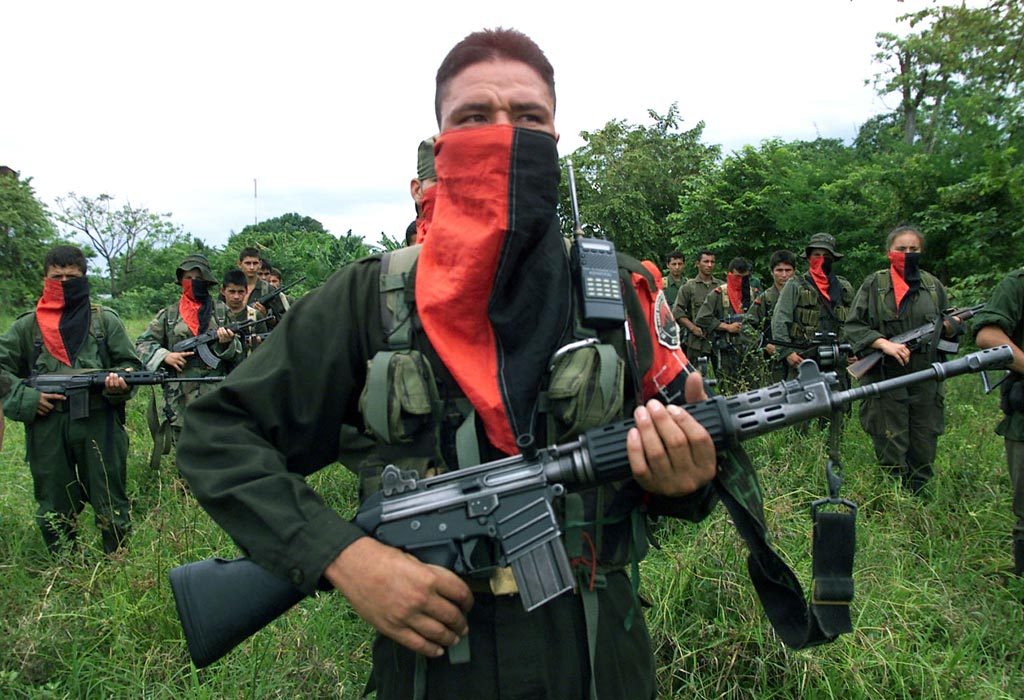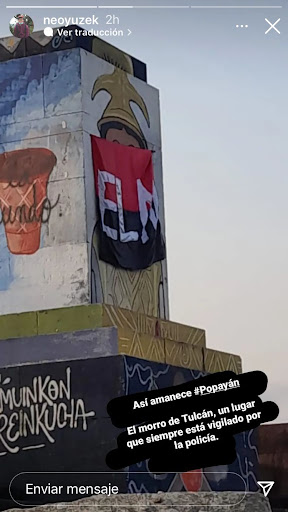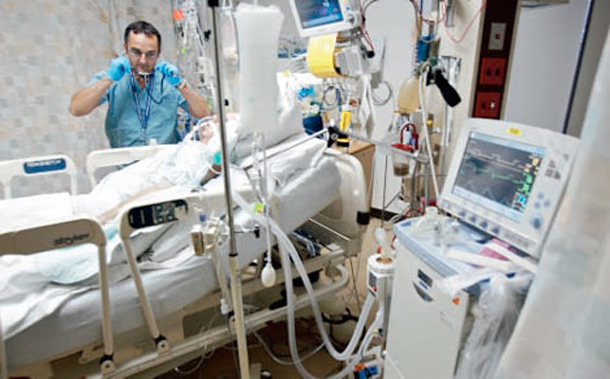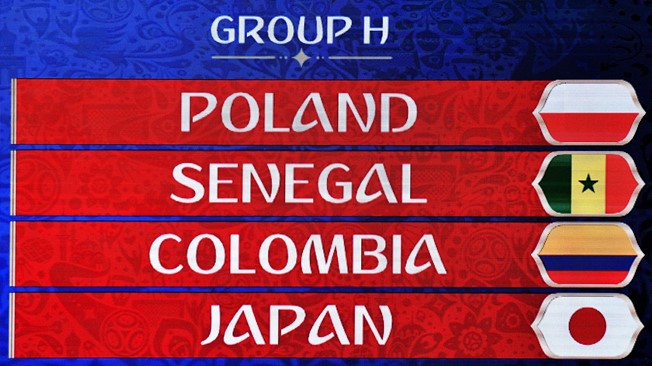
Residents in the embattled southwestern department of Cauca fear more violence from armed groups ahead of Colombia’s national congressional elections this Sunday, March 13.
Speaking with The Bogotá Post, three residents living in and around Cauca’s capital, Popayán, described escalations of violence over the past weeks. On 23 February, the National Liberation Army, currently the largest leftist guerrilla group officially at war with the Colombian state, declared a country-wide armed economic shutdown to protest against President Iván Duque’s social and economic policies, according to Reuters.
In Cauca, the ELN took to utilizing violent intimidation tactics against residents by hijacking and burning vehicles on the Pan American Highway, the region’s principal trade route and largest road connecting Popayán to the rest of the country.
Videos posted by Tiempo Real Popayán, a social network news broadcaster, indicate that on the 23 February vehicles were incinerated on the road between Calí and Popayán by the ELN, as indicated by red and black painted propane cylinders and ELN banners allegedly left behind by the group.

An ELN banner also appeared atop El Morro de Tulcan, one of the most important archeological sites in Cauca and a monument that received global media attention when a statue of Conquistador Sebastián de Belalcázar which sat atop it was toppled by indigenous rights protesters in 2020.
Aleja (a pseudonym chosen to protect her identity for fear of reprisal) lives in Popayán but works for a humanitarian foundation on the Pacific Coast of Cauca near the town of Guapi, a heavily ELN-controlled area, relates her experience:
“On the Pacific coast of Cauca at least four or five armed groups have an established presence. Recently I’ve experienced a sort of PTSD, anxiety, awful dreams. Before, [it was] always a tense calm. Now I feel paranoid, so much anxiety,” she told The Bogotá Post via an interview on WhatsApp.
She said that even after the armed shutdowns ended on February 26, people were still prohibited to venture out onto the streets after dark, and that these problems have been going on much longer than the increased guerilla activity that began on 23 February.
She said that in January, a colleague of hers at the humanitarian organization was suffering from a stomach ailment and they couldn’t get the person the care they needed due to heightened violence. “We weren’t able to even move,” she said.

Following the ELN shutdown, dissidents of Colombia’s largest rebel group, the Revolutionary Armed Forces of Colombia (FARC), which officially laid down arms in 2016 after a peace agreement with the government, also put out a communique.
The Comando Coordinador de Occidente message decried the ELN’s motives as nonsense, claiming that the ELN was only able to conduct the shutdown through help from Colombia’s armed forces — an attempt to blur the lines between state and criminal actors in Colombia’s armed conflict.
Some Cauca residents reckon that power dynamics in the region between the state and illegal armed groups aren’t clear cut.
“It’s Uribe food,” said Estefania, a 33-year-old woman from Popayán, referring to Alvaro Uribe, the ex-president and current political patron of President Duque. “They’re causing these problems so they can win the [congressional] election by solving the [security] problems.”
Diana, 30, who works for a foundation that seeks to provide support to ethnic communities in eastern Cauca in a small town called Totoró which maintains a strong FARC dissident presence, had similar views on the matter.
“The different guerrillas that converge in Cauca have disputed the control of the department, therefore, it is not new that some of them use terror as a social control,” Diana told The Bogotá Post.
When asked if she thinks the violence in the region will increase with Sunday’s congressional elections and the upcoming presidential elections in May, Diana snapped back, “Of course!”
“One of the ways of doing politics in Colombia is to sow terror and create social tension to later sell security,” she said. “War is a profitable business that benefits those who promote it.”
Diana views the increased violence as part of a larger, systemic failure in implementing the peace accords between the government and the FARC.
“The peace agreement was a conjunctural exercise that, although it allows a horizon of reconciliation between Colombian society, it is not possible to carry it out if the national government of the day does not implement the policies that were mandated in said agreement. It is a matter of political will to strengthen or weaken,” she said.
According to organized crime monitor InSight Crime, four illegal armed groups operate in Cauca, including leftist ELN and FARC dissident rebels, and drug trafficking organizations Urabeños (or Clan del Golfo) and the Popular Liberation Army (EPL), which has Maoist roots but has more recently been classified as an organized crime group.




